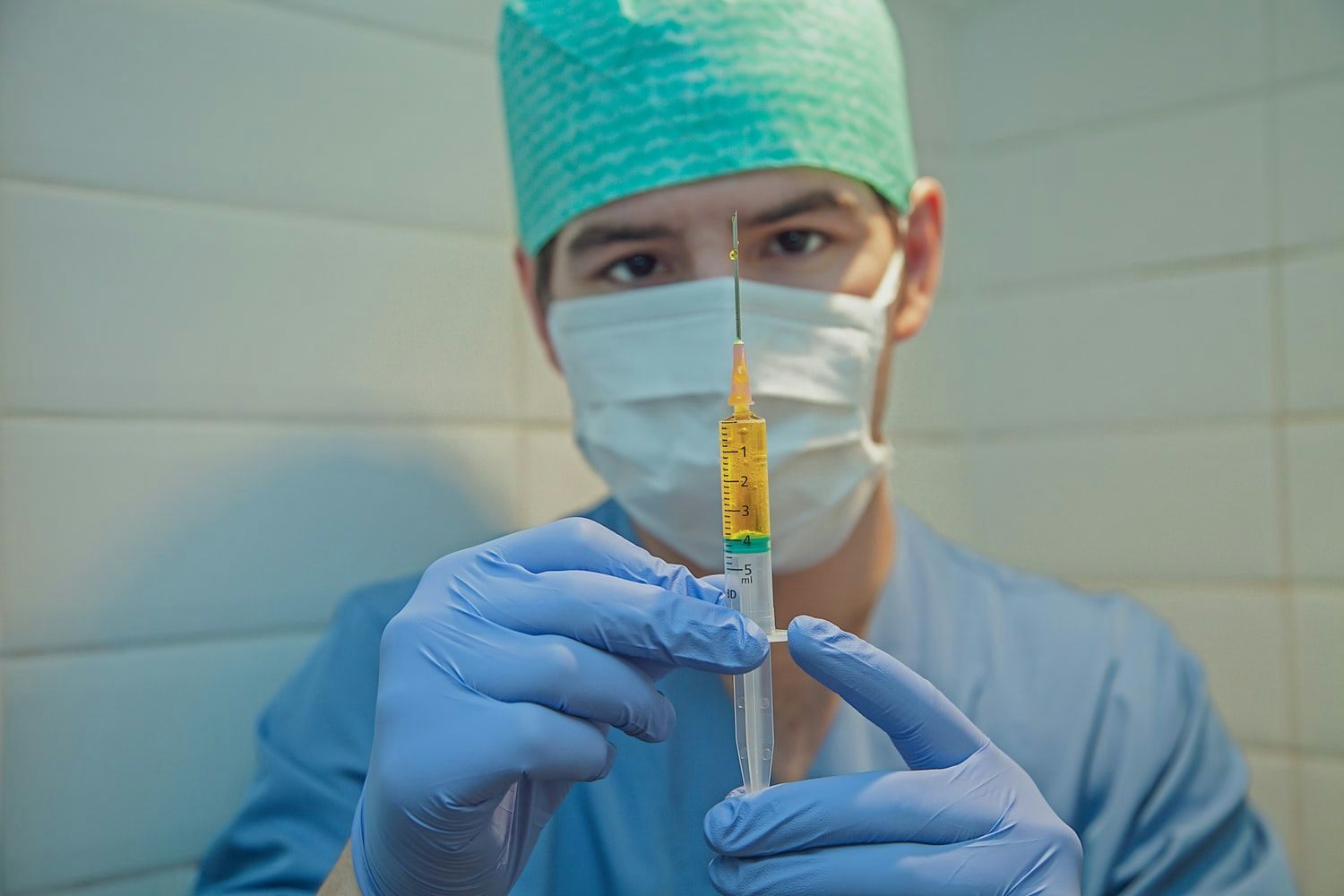Most Americans are now aware that if they show symptoms of coronavirus, such as a fever, difficulty breathing, or a lack of taste or smell, they can get tested to know if they have been infected. But what if you were sick before, but didn't have the chance to get tested, or were exposed to the virus but didn't have symptoms? Now, there's an option for that too: an antibody test.
Unlike a diagnostic test, which looks for active virus in the body, antibody tests look for evidence that your body once had the virus through antibodies (immunity) against it. When we have a virus, our bodies develop defenses against it--that's how vaccines work, too. Although they are not perfectly accurate, antibody tests are a helpful tool to know if you've developed immunity.
Antibody tests are now available through healthcare providers and laboratories around the country. Read on to learn about what to expect from an antibody test, how to access them and what the results mean.
How to Get an Antibody Test
If you know that you've been exposed to the virus--for example, you live with someone who tested positive--then you can probably get an antibody test. You can speak to your doctor or a local community clinic about having one ordered for you. Anyone who thinks they may have been exposed should do their best to get a test if possible.
You also may be able to get tested even if you don't know for sure if you've been exposed, since some communities are doing widespread, free antibody testing.Keep an eye on your local news and public health department website.
What The Test is Like
The antibody test itself is less invasive than a coronavirus diagnostic test, although results may take longer. The coronavirus diagnostic test is done with a swab far up the nasal passage that can be painful. The antibody test is just a quick finger prick.
Once they have a sample of your blood, doctors will look for two different types of antibodies: IgM antibodies, which bodies develop at the start of an infection, and IgG ones, which appear after you have recovered. Usually, the results only take a few days, but that depends on how quickly the laboratory the test is sent to gets them back to your provider.
What The Results Mean
Antibody tests are not entirely accurate, so they can't be completely relied on. However, if you test positive for antibodies, that means there is a higher chance you have had COVID-19 before and have built up some immunity to it.
However, it's too early to know whether having coronavirus once means you are completely immune, or just less likely to get it again. Having antibodies does not mean you should stop social distancing, wearing a mask, or washing your hands properly. We don't know to what degree antibodies protect you from the virus, so we have to assume that precautionary measures are still just as important.
If you do test positive, it's possible you can donate your plasma to treat sick coronavirus patients who need your help.
If you test negative for antibodies, it could mean that you have not had COVID-19. It could also mean that you had coronavirus previously but lost your antibodies over time, or didn't produce them. Lastly, it takes the body 1-2 weeks to develop antibodies, so if you are currently infected antibodies may not appear on your test. If you are having symptoms, you should get a diagnostic test rather than an antibody test. The important thing to remember about a negative test is that whatever the reason, you do not have antibodies. You should be social distancing, wearing your mask and being careful.
It is also possible to get an equivocal test--one that is not either positive or negative. Sometimes this is because you have antibodies for a different virus, or that you don't have enough antibodies to be detectable in a test. In this case, you'll probably be asked to get tested again in a few weeks.
We hope you're all staying safe and healthy!

